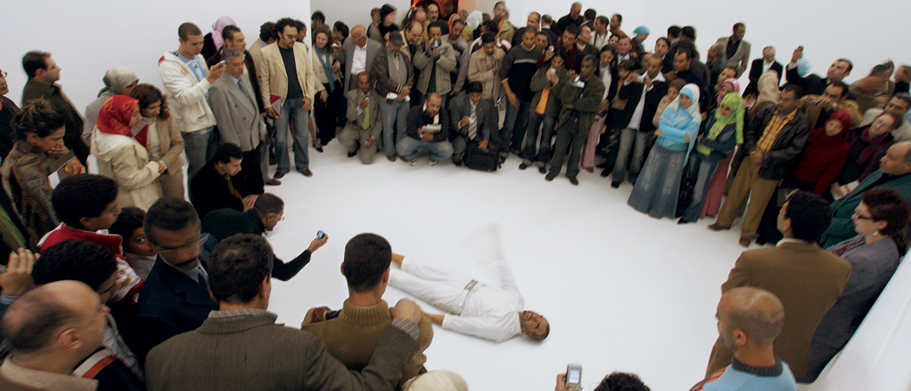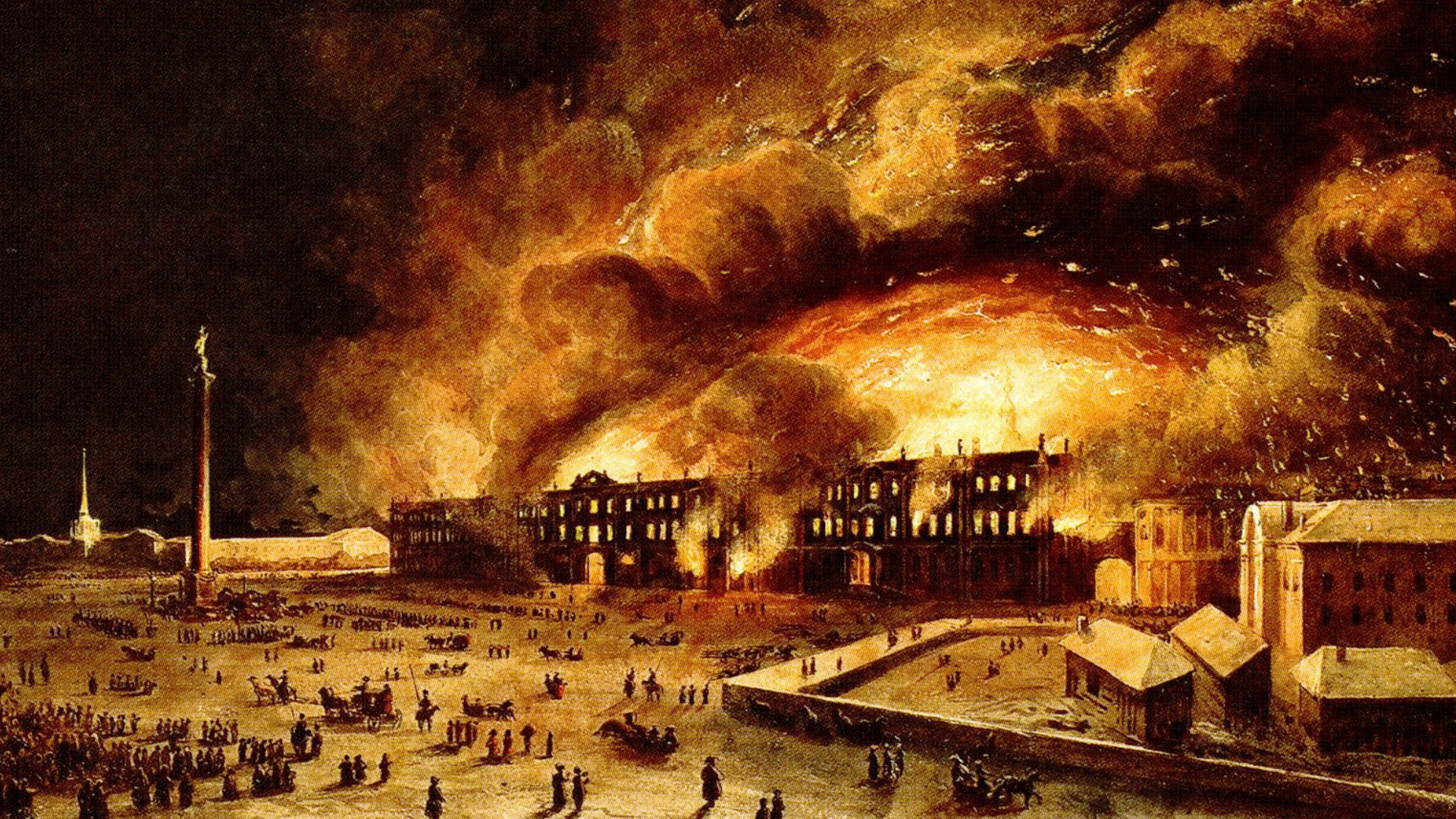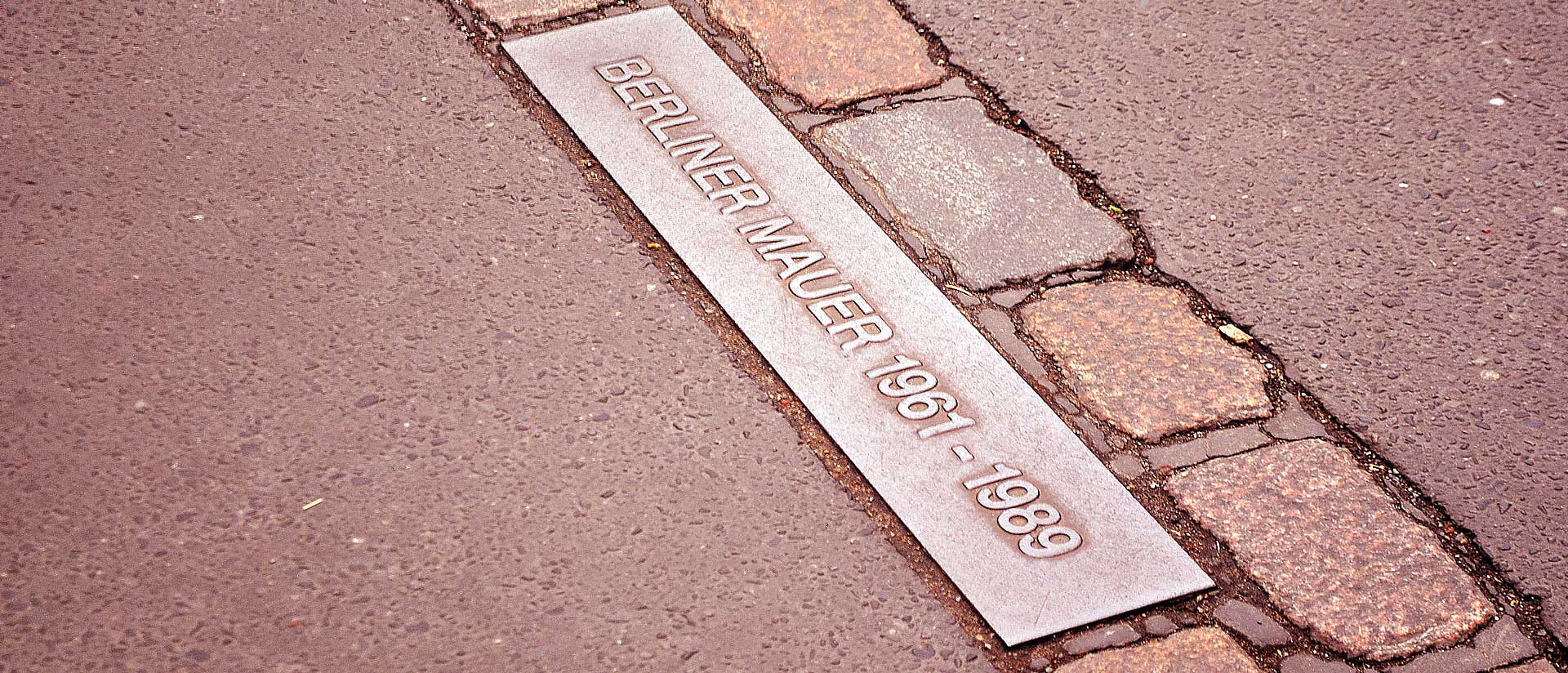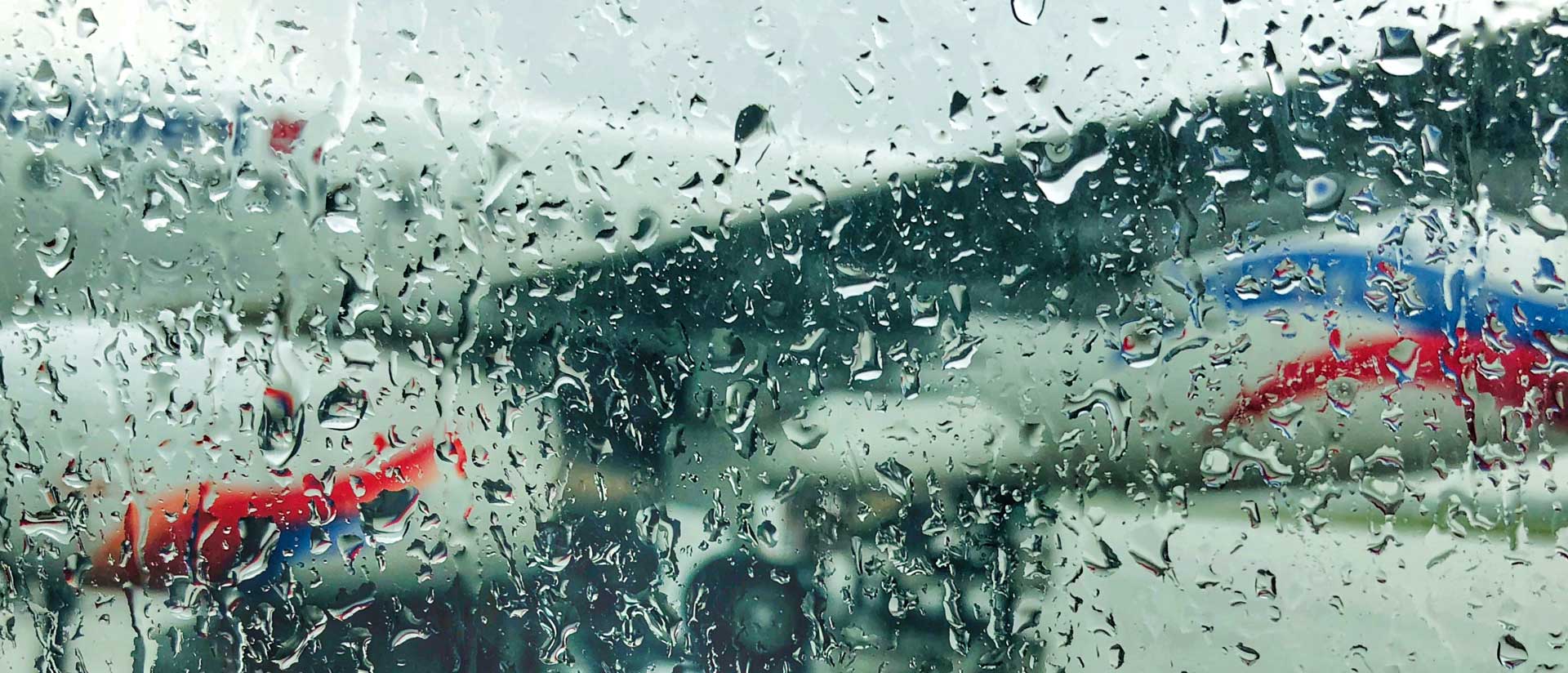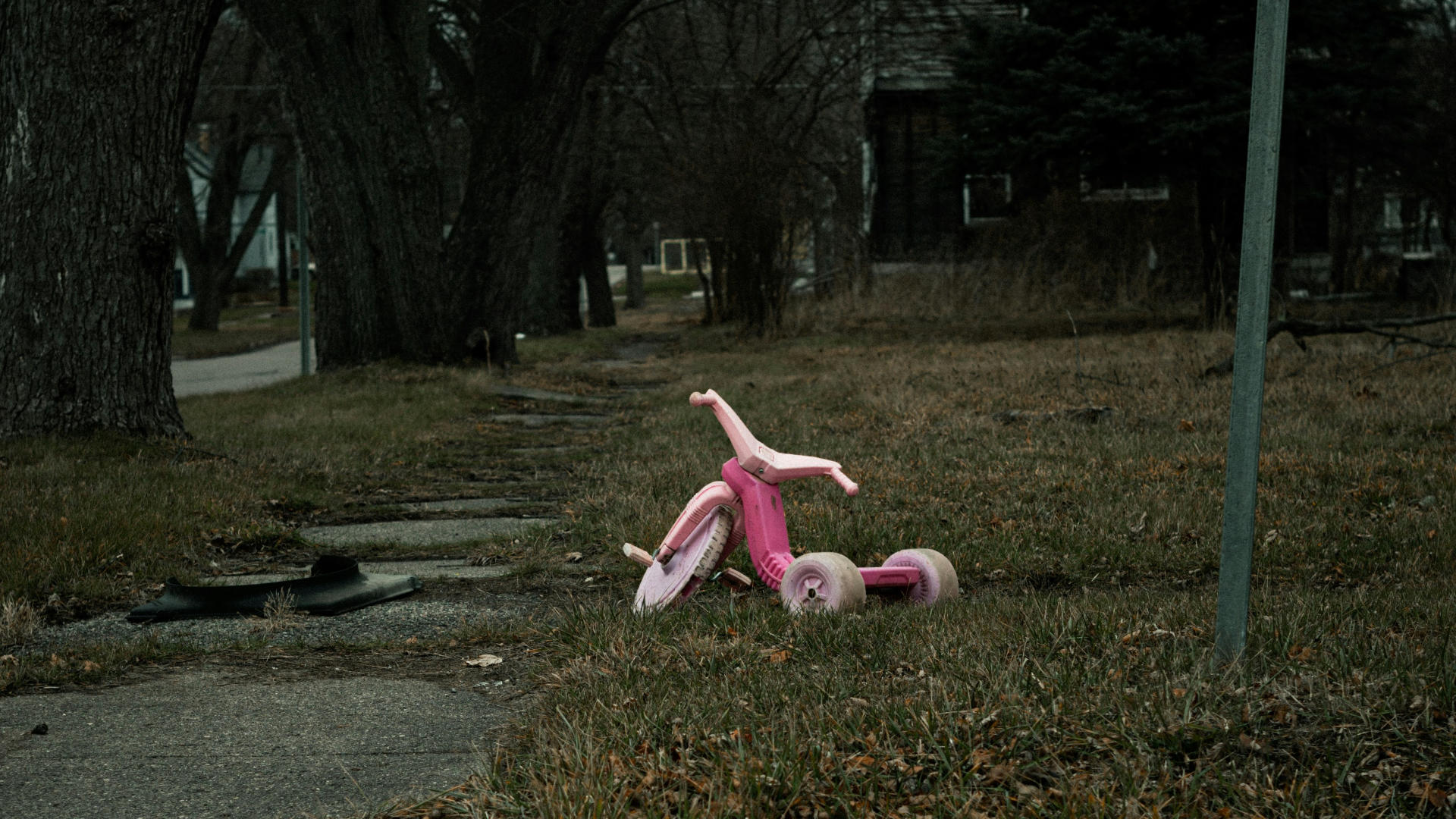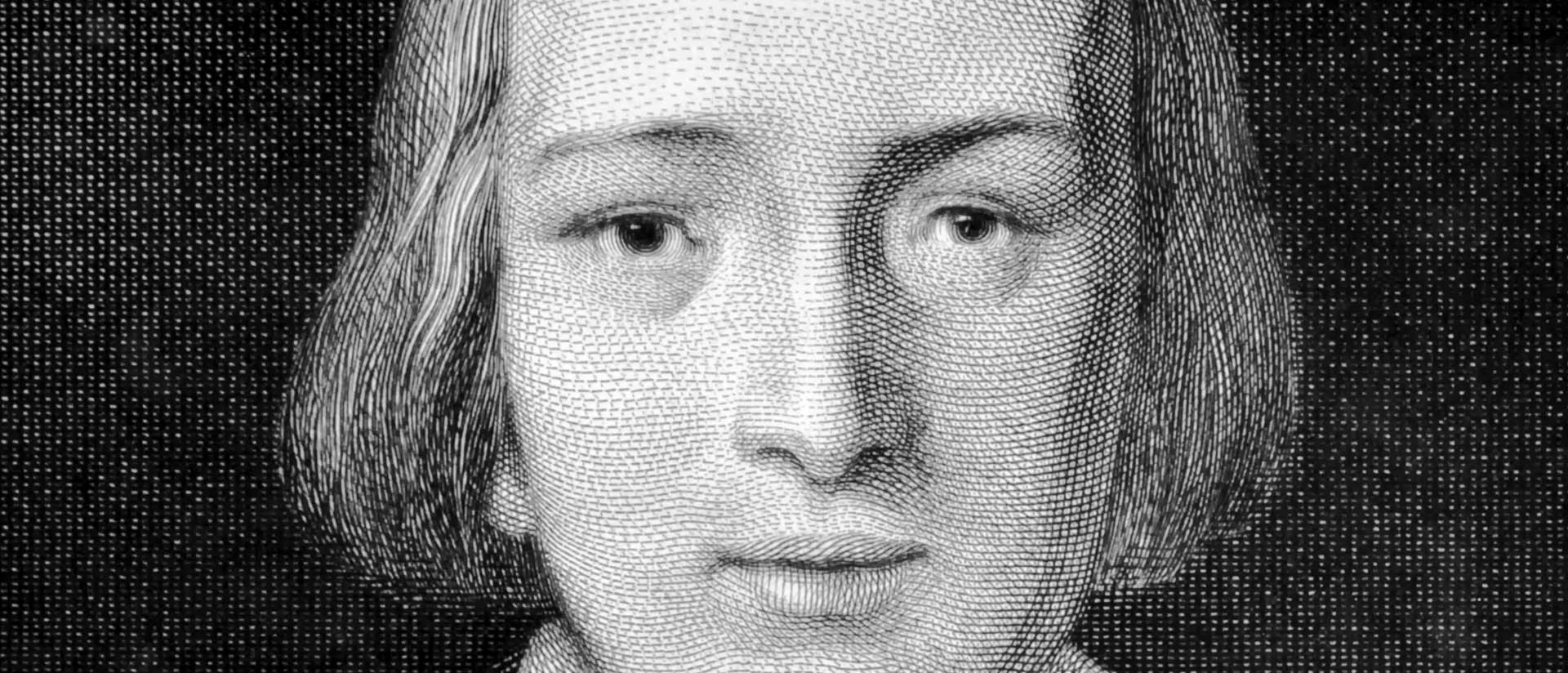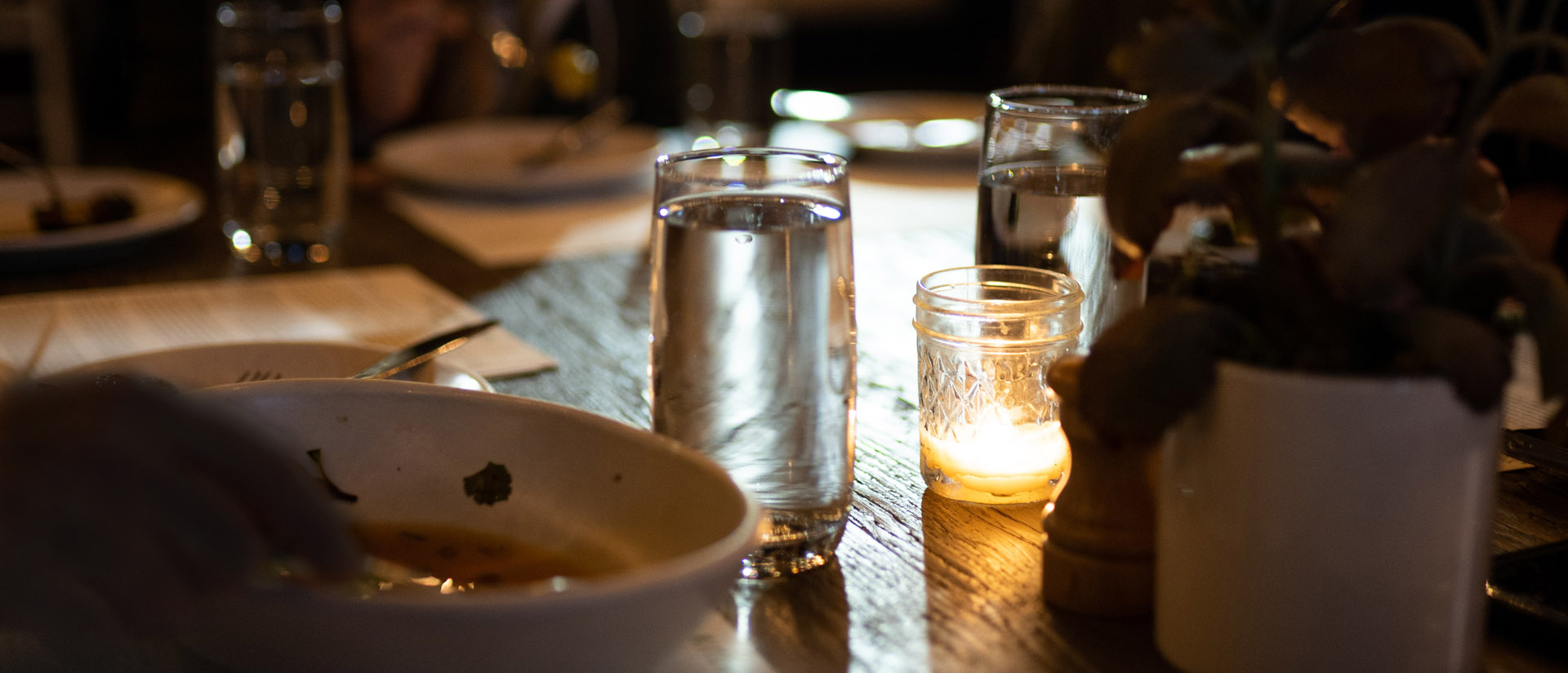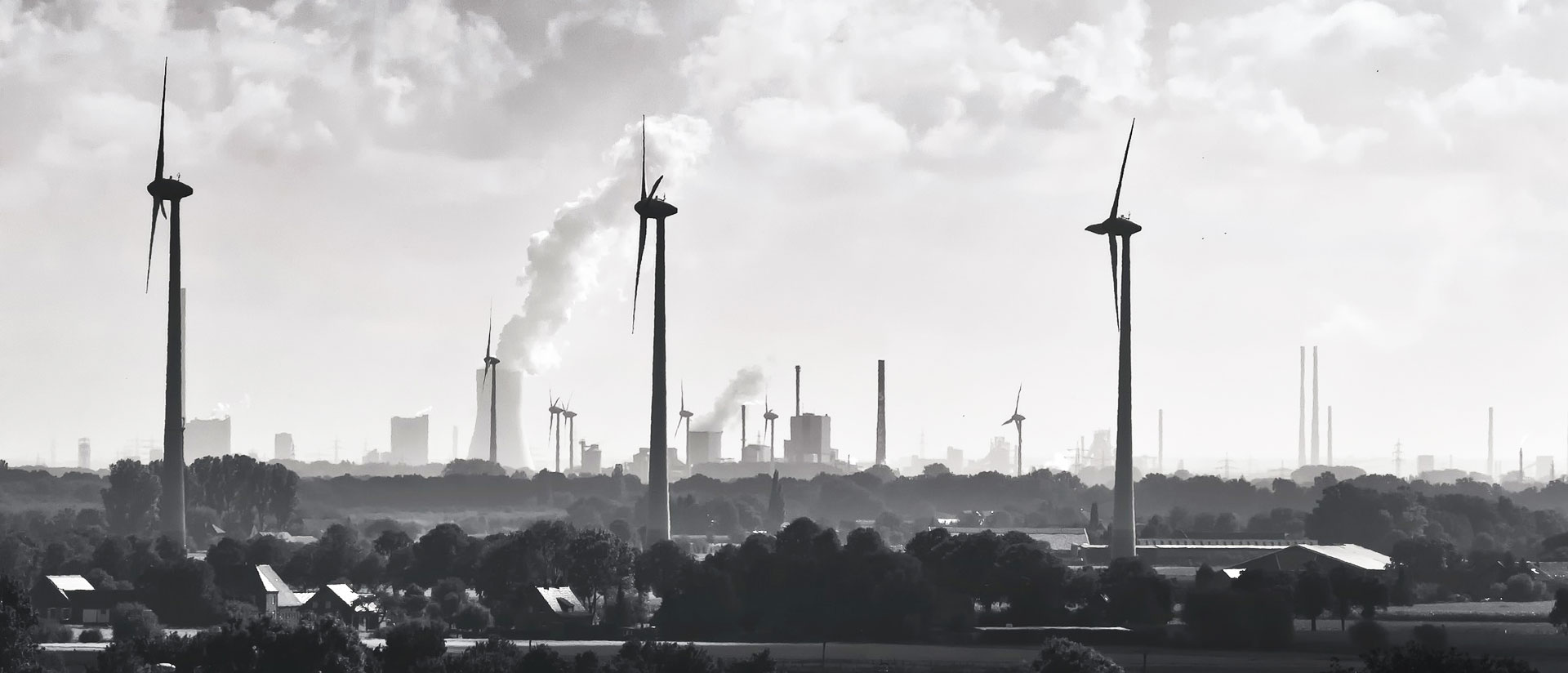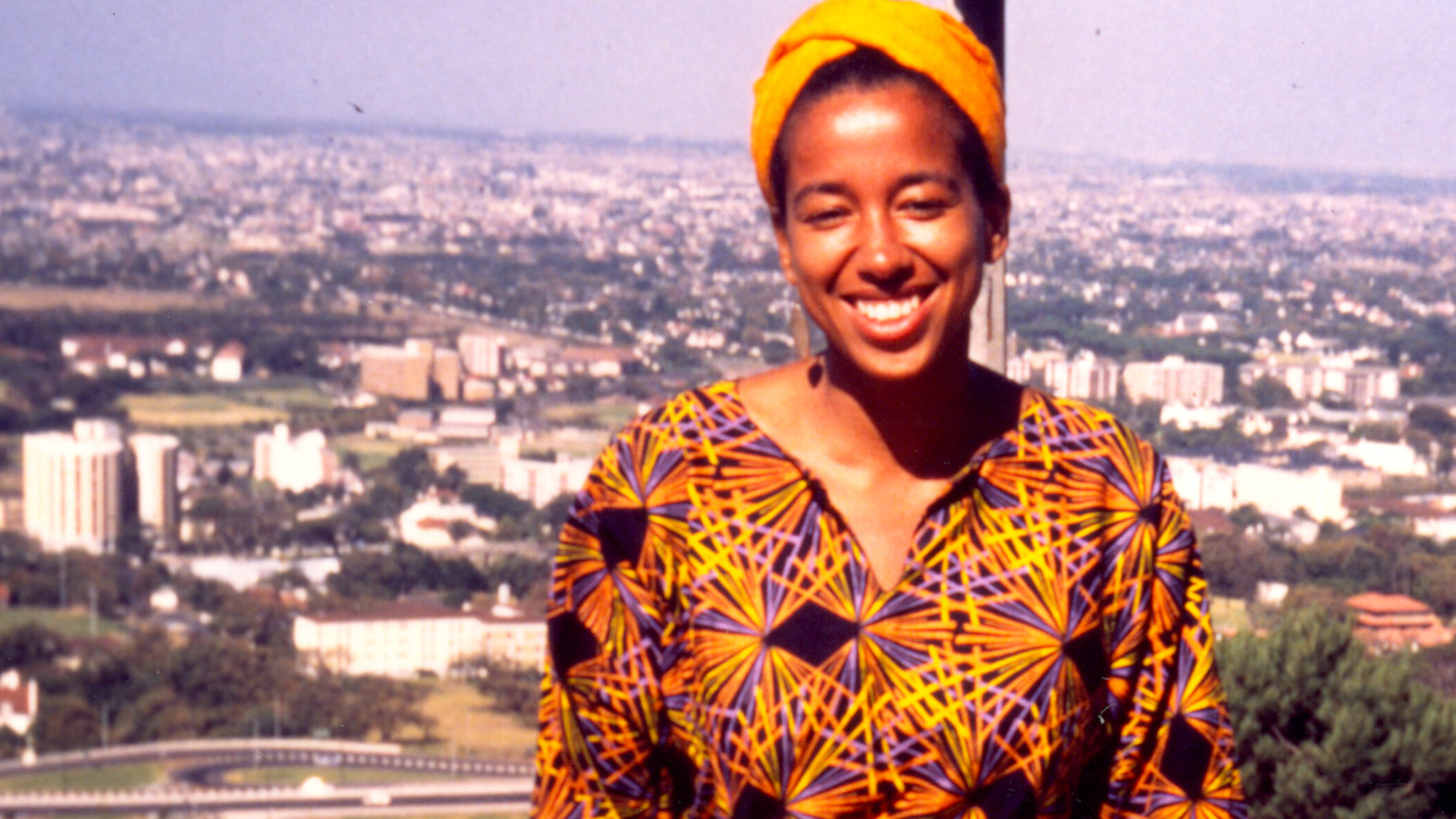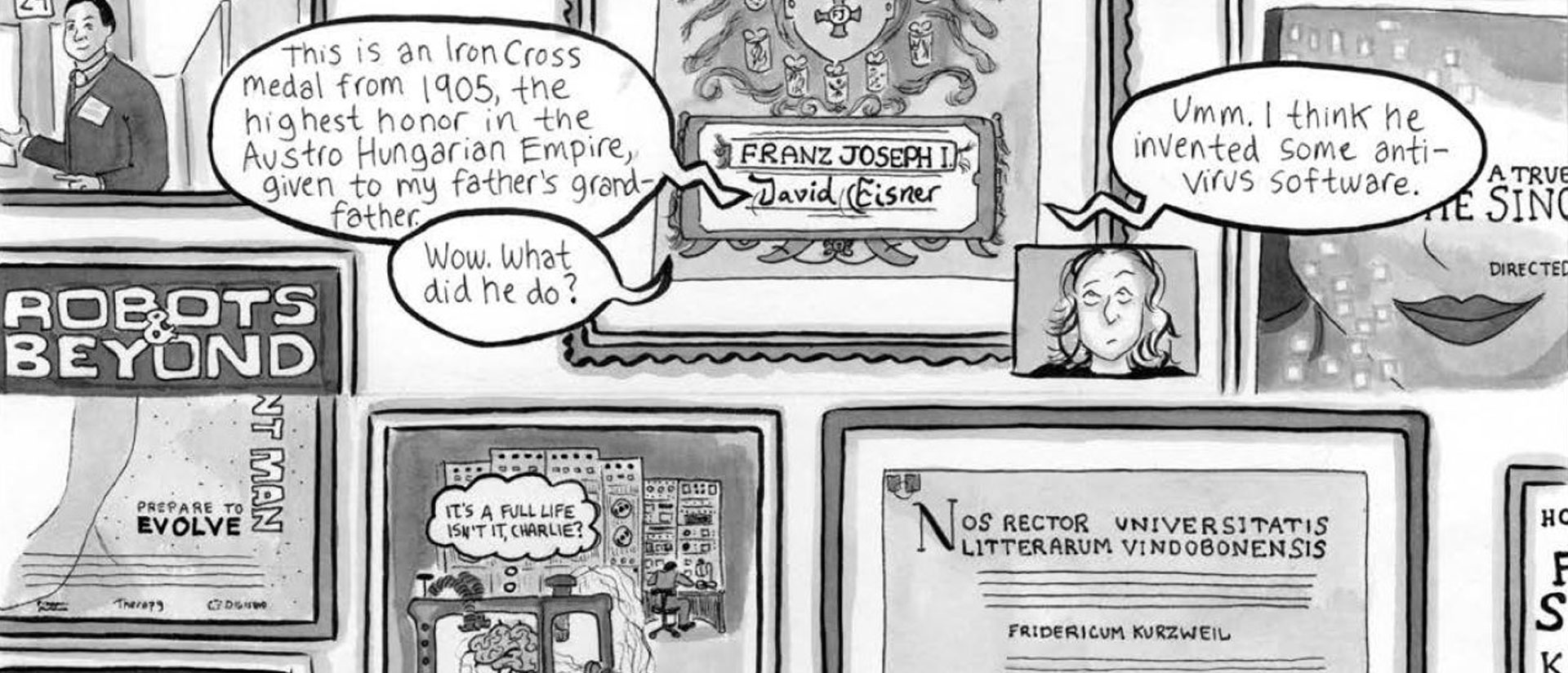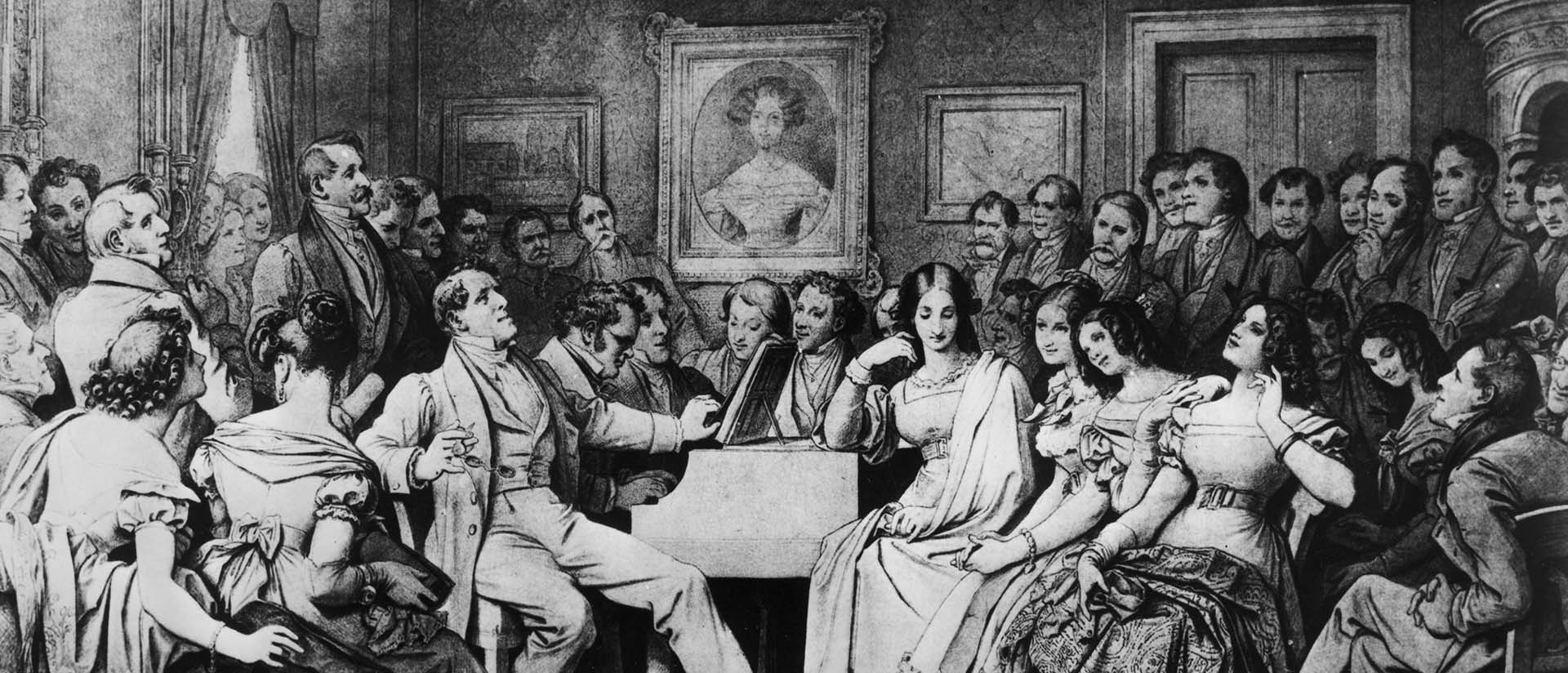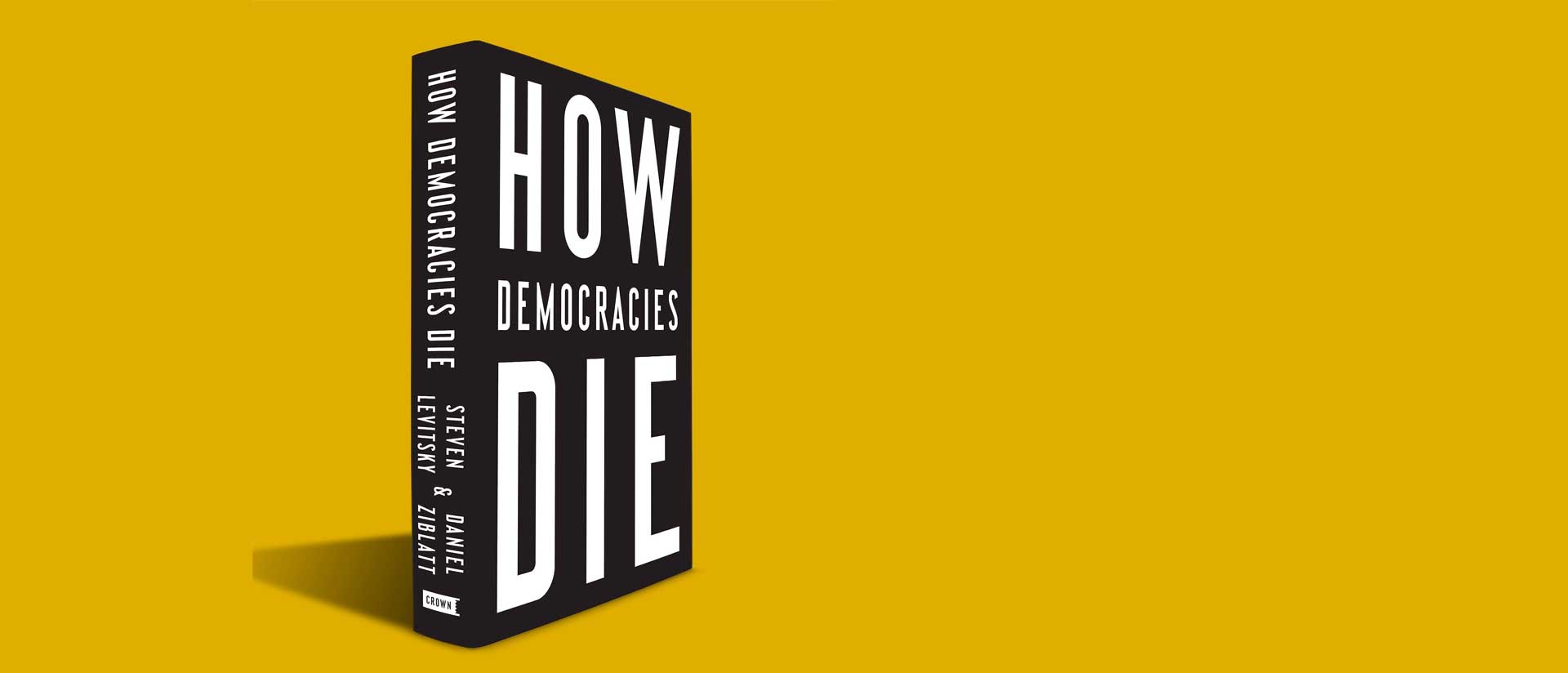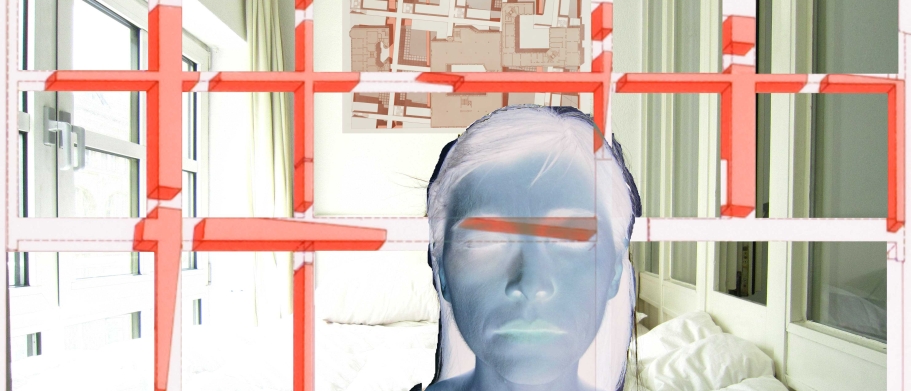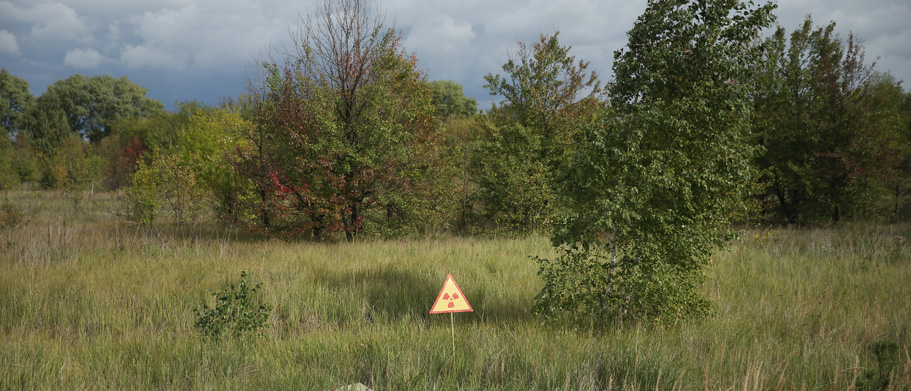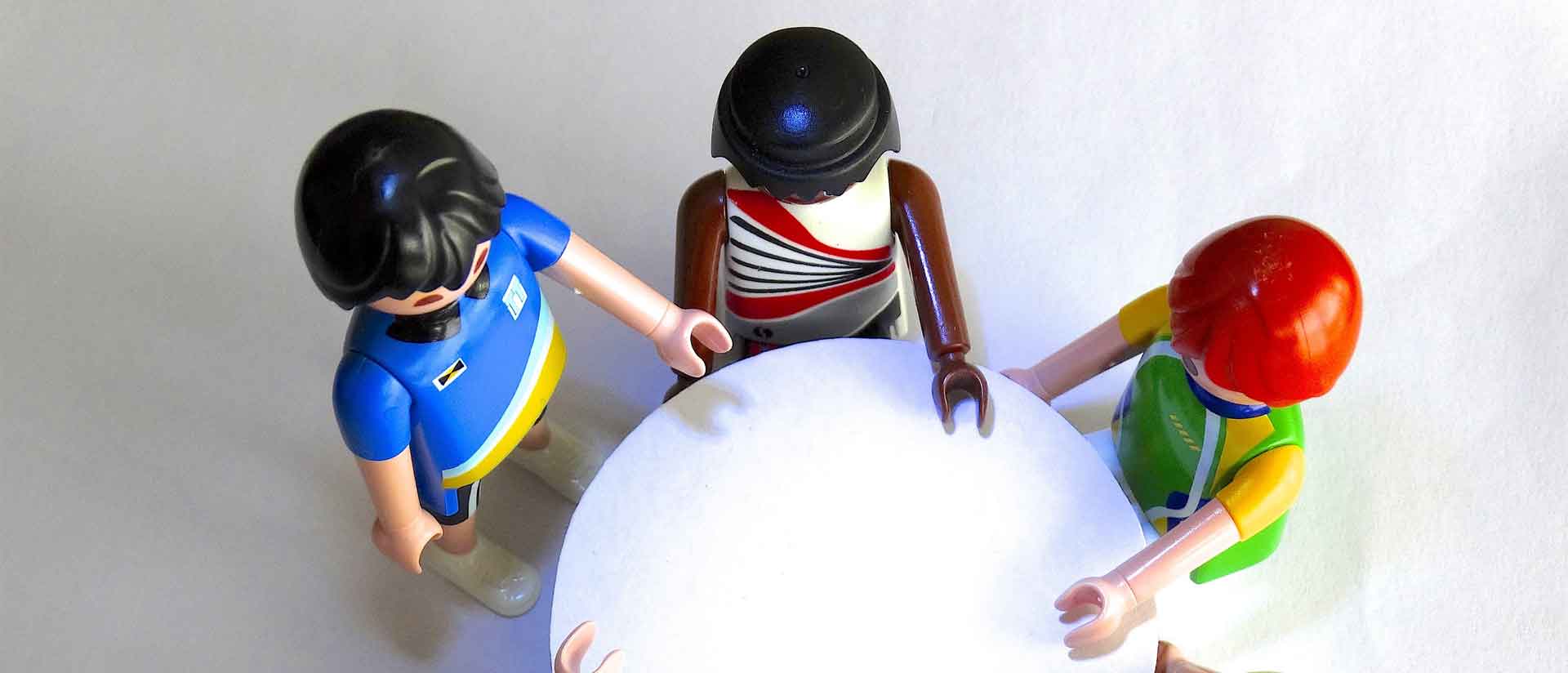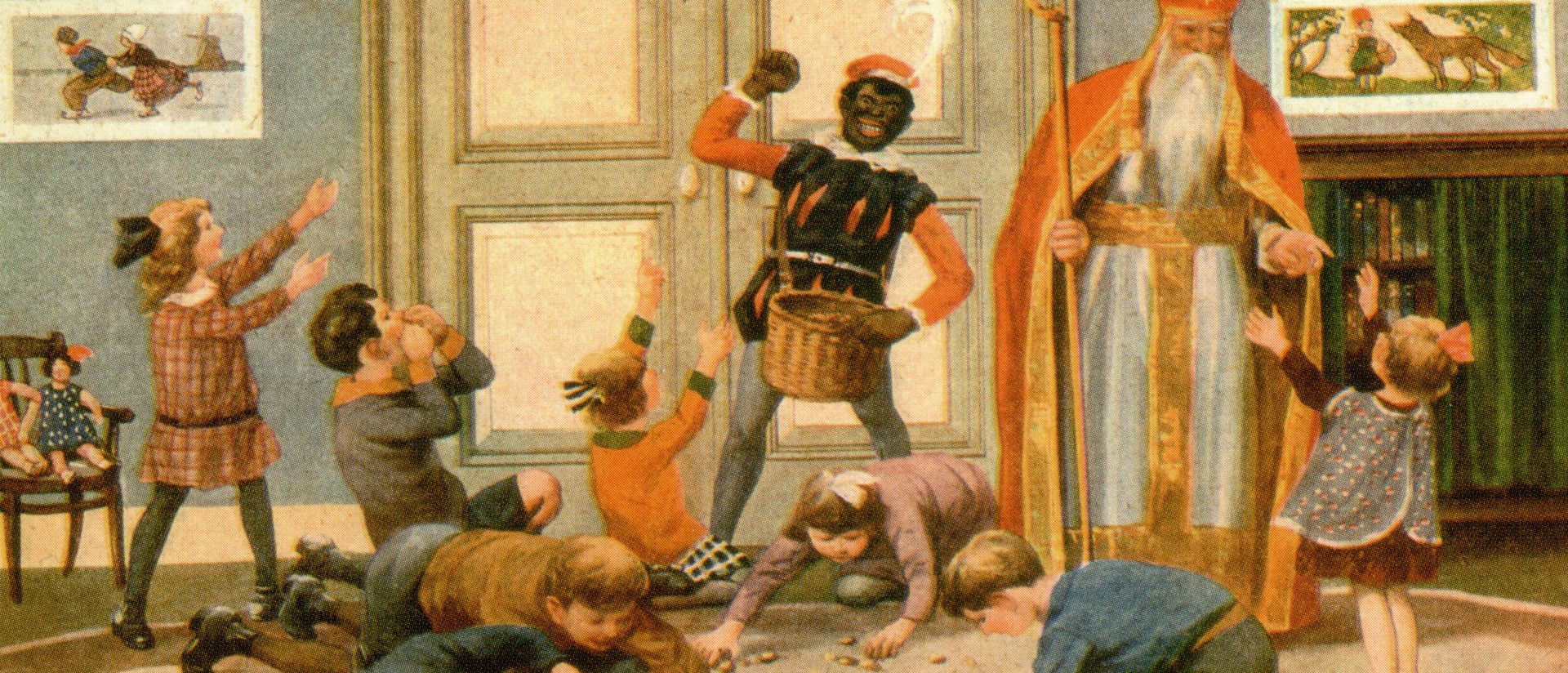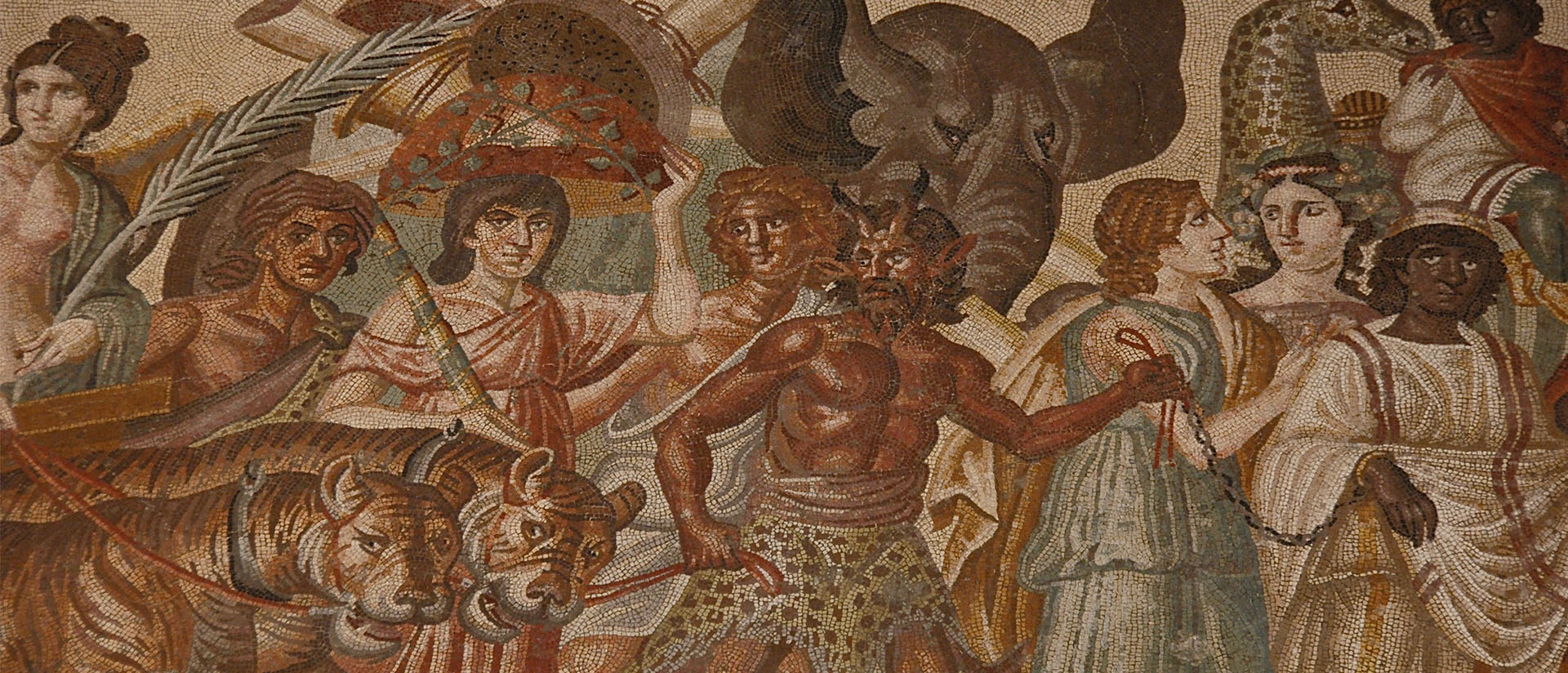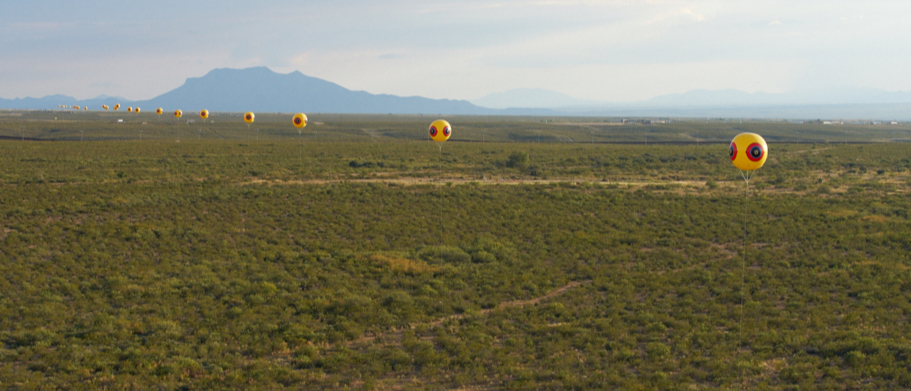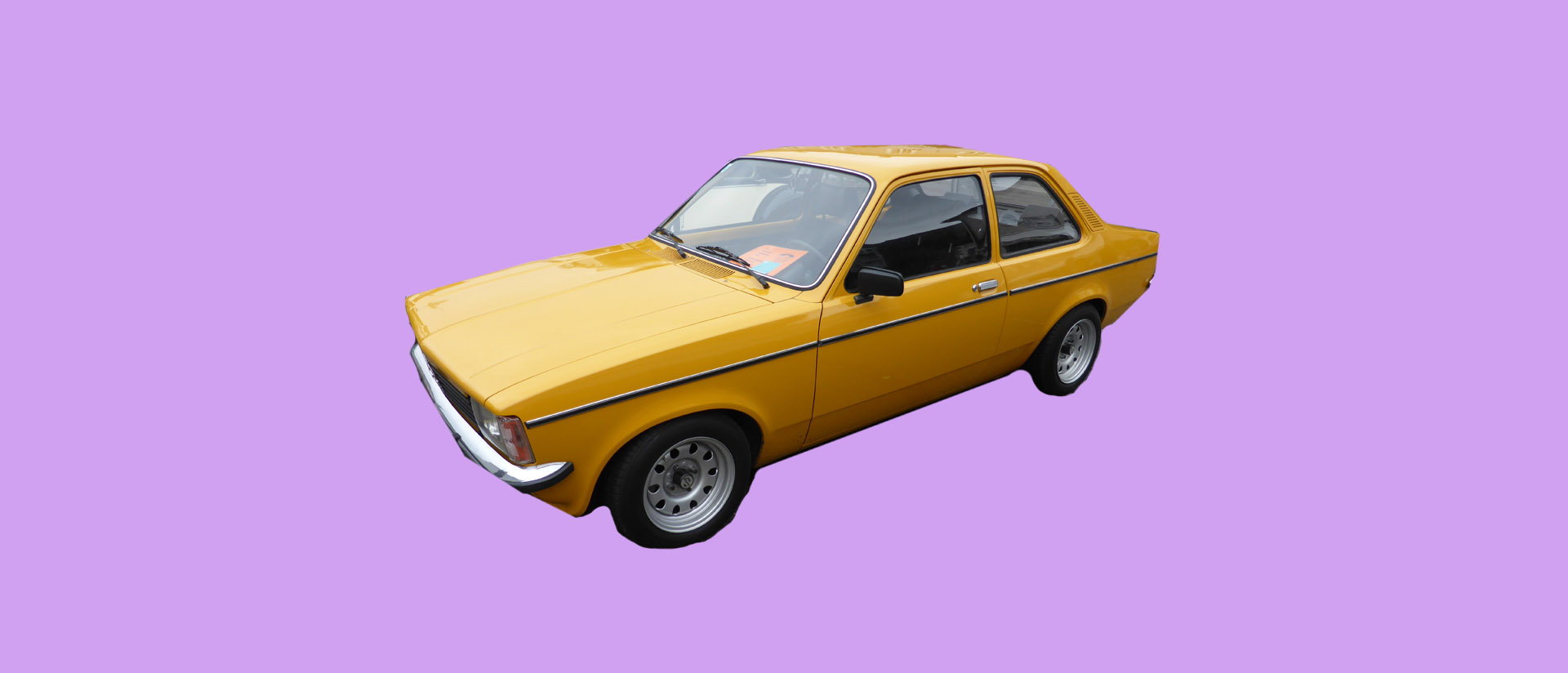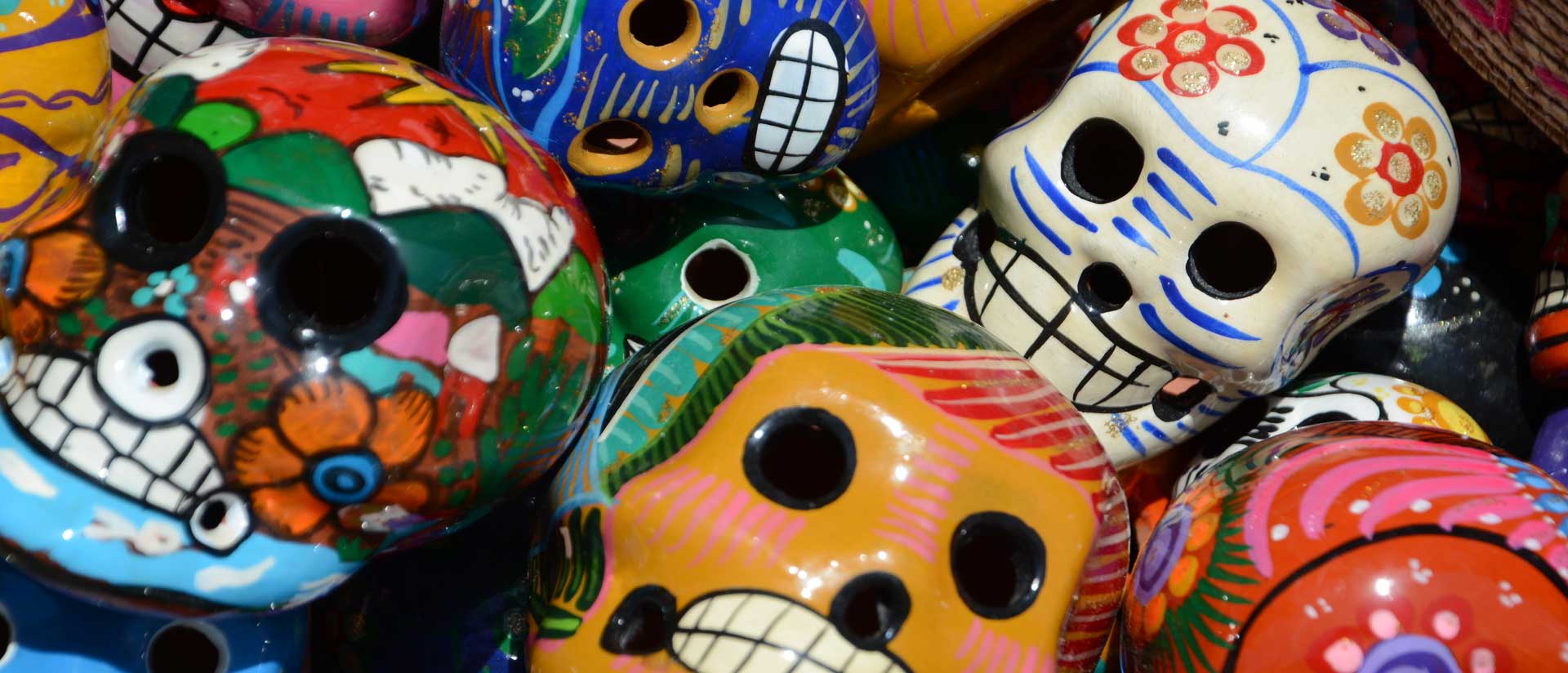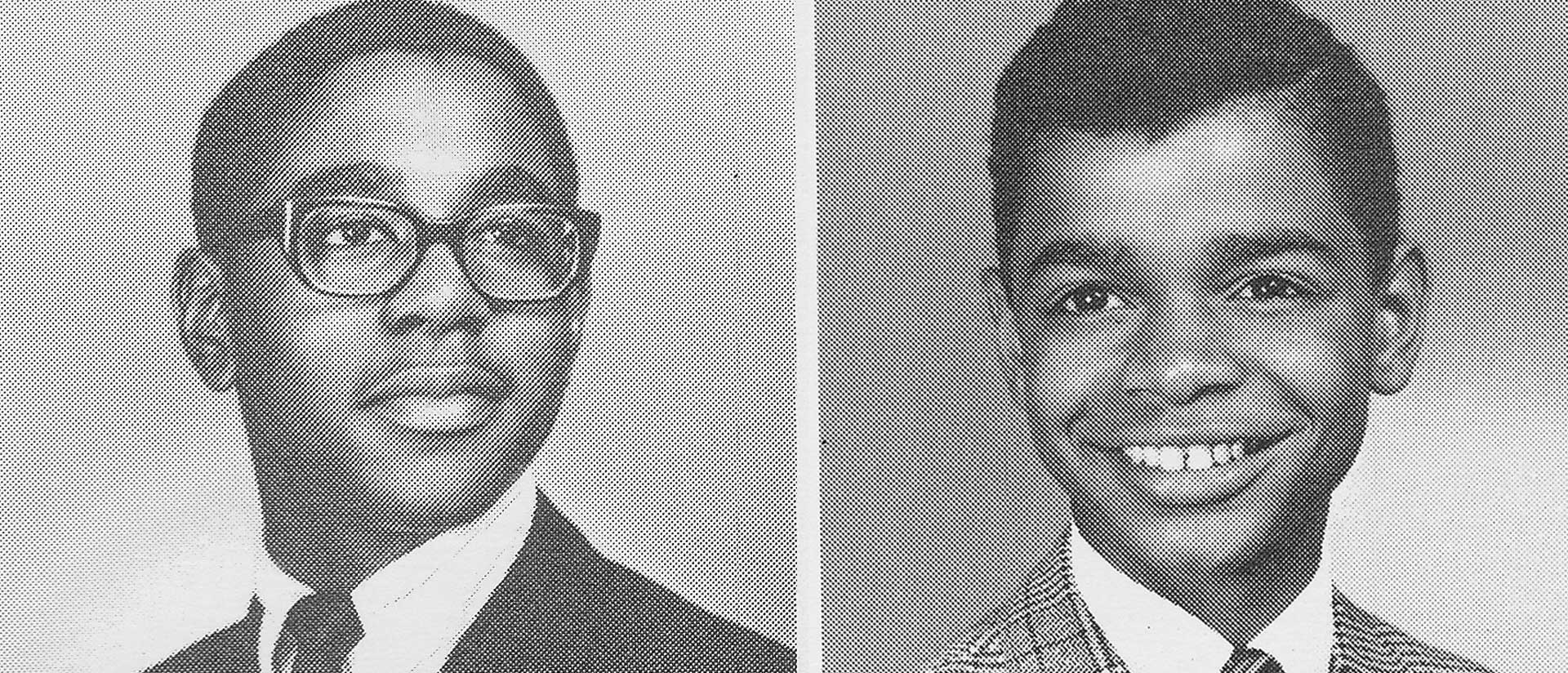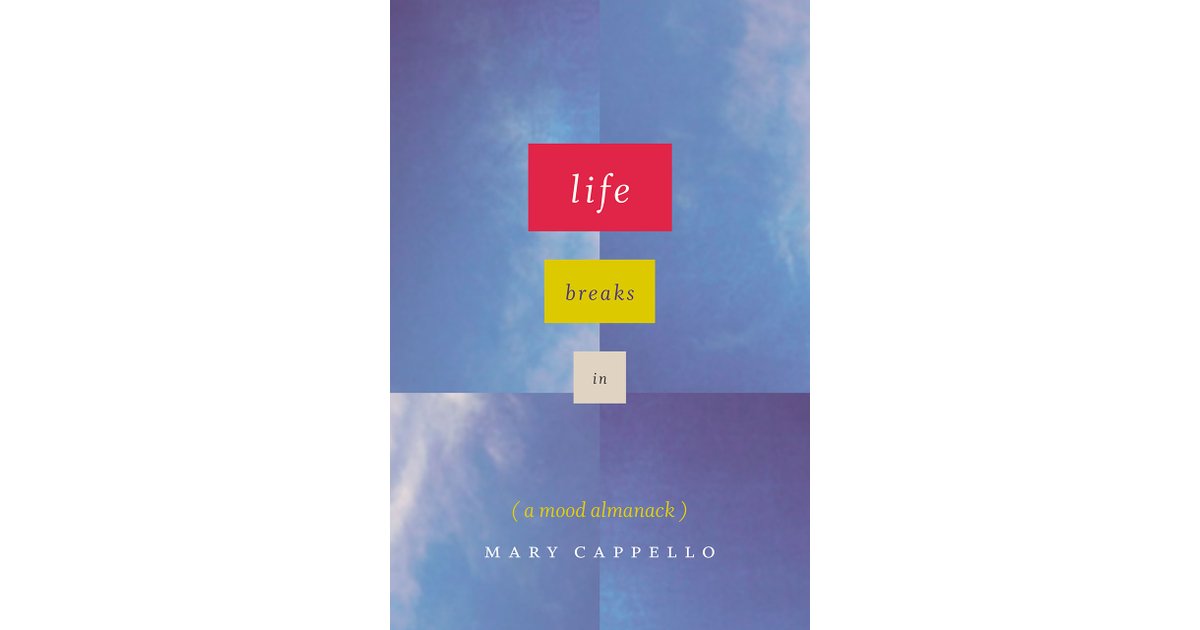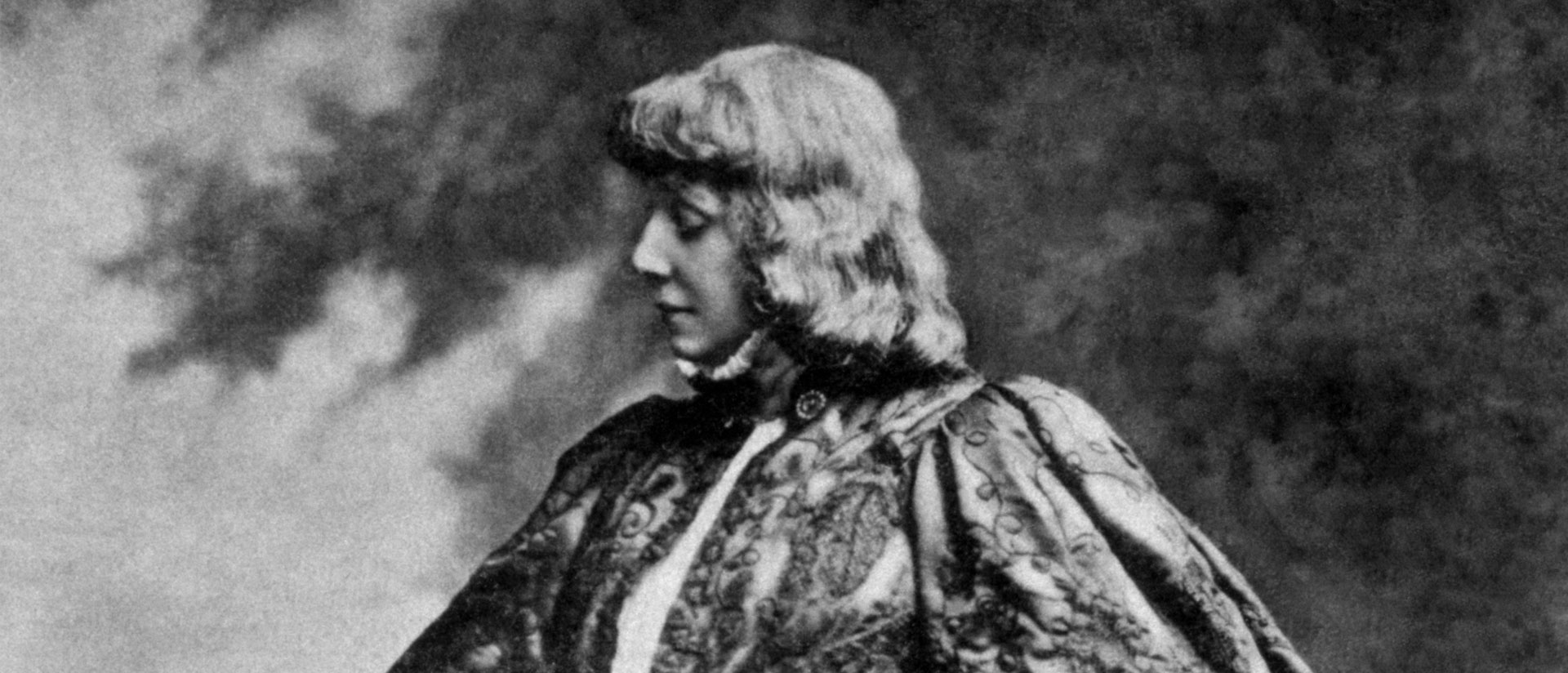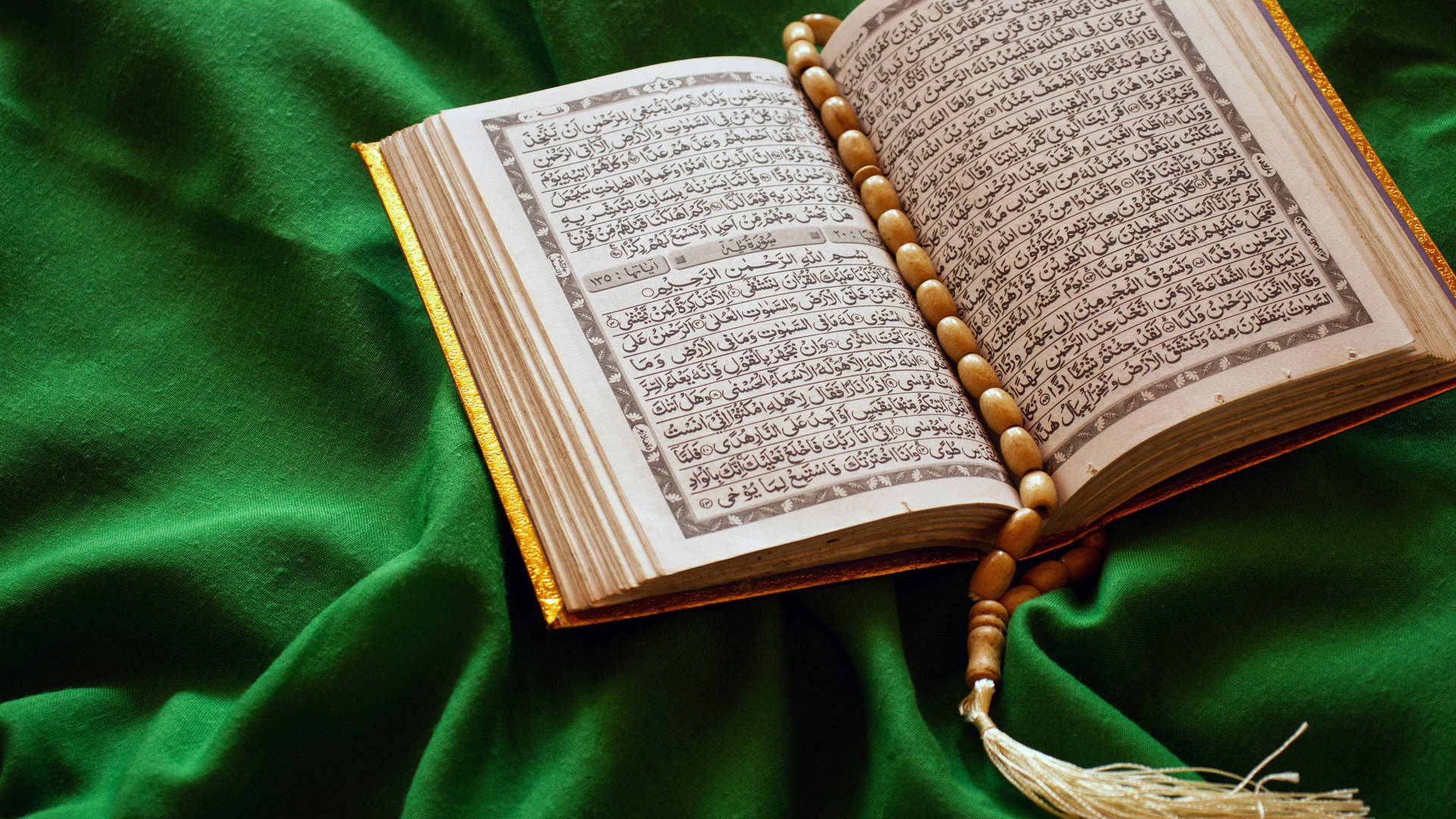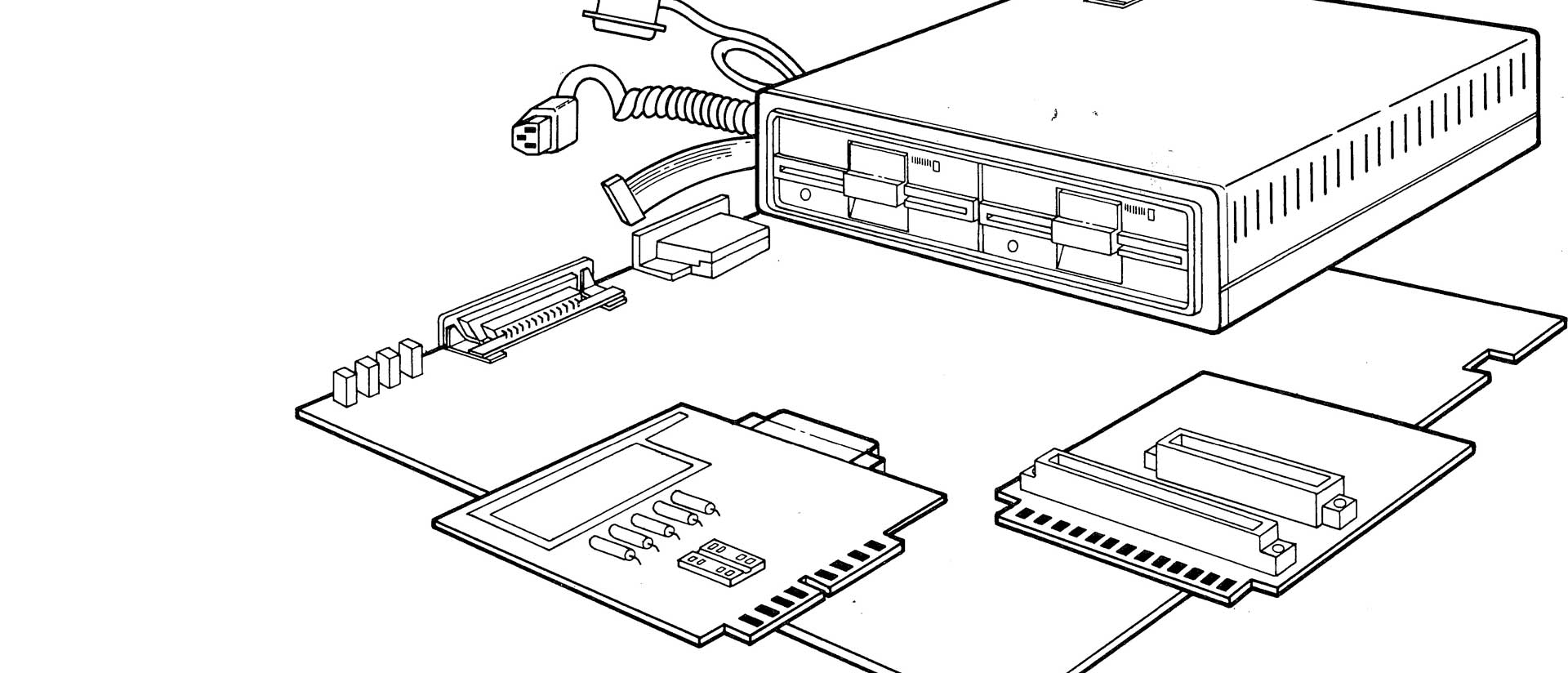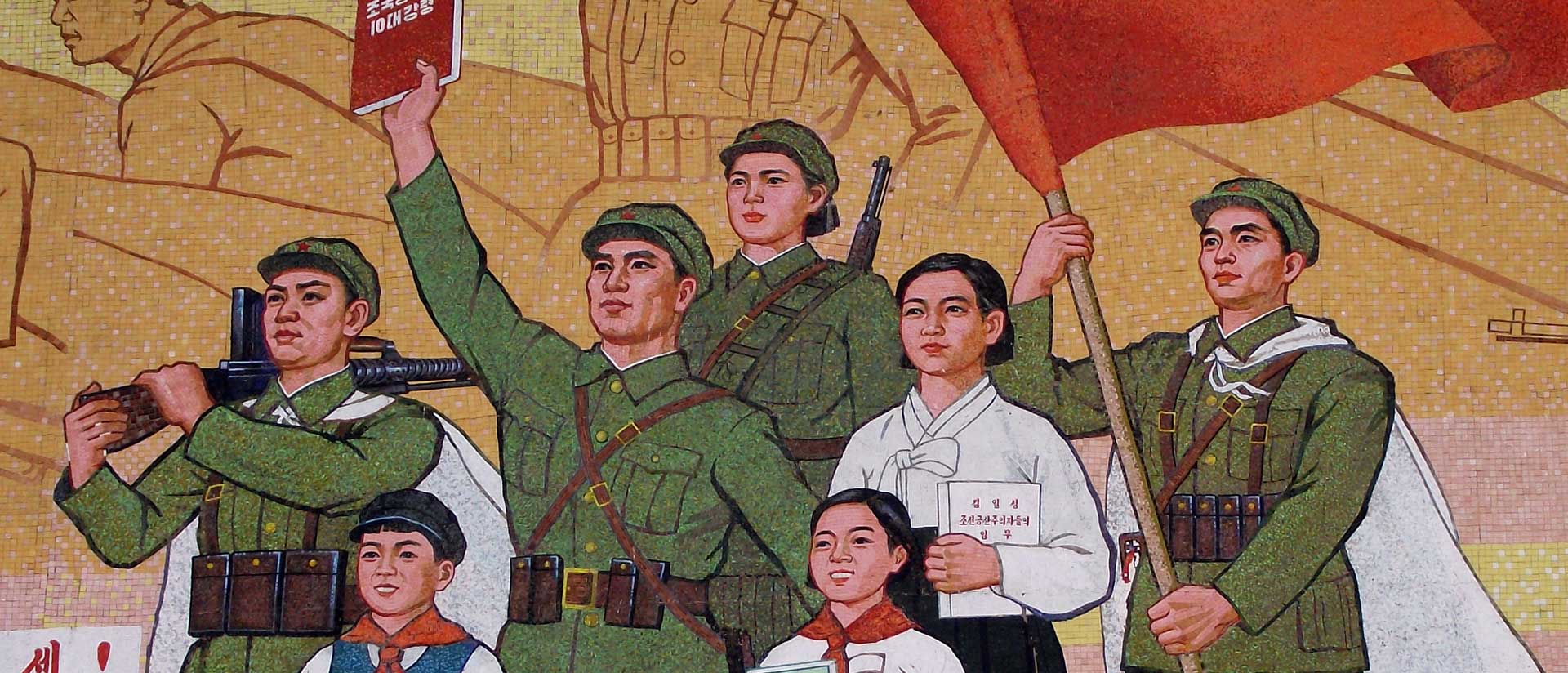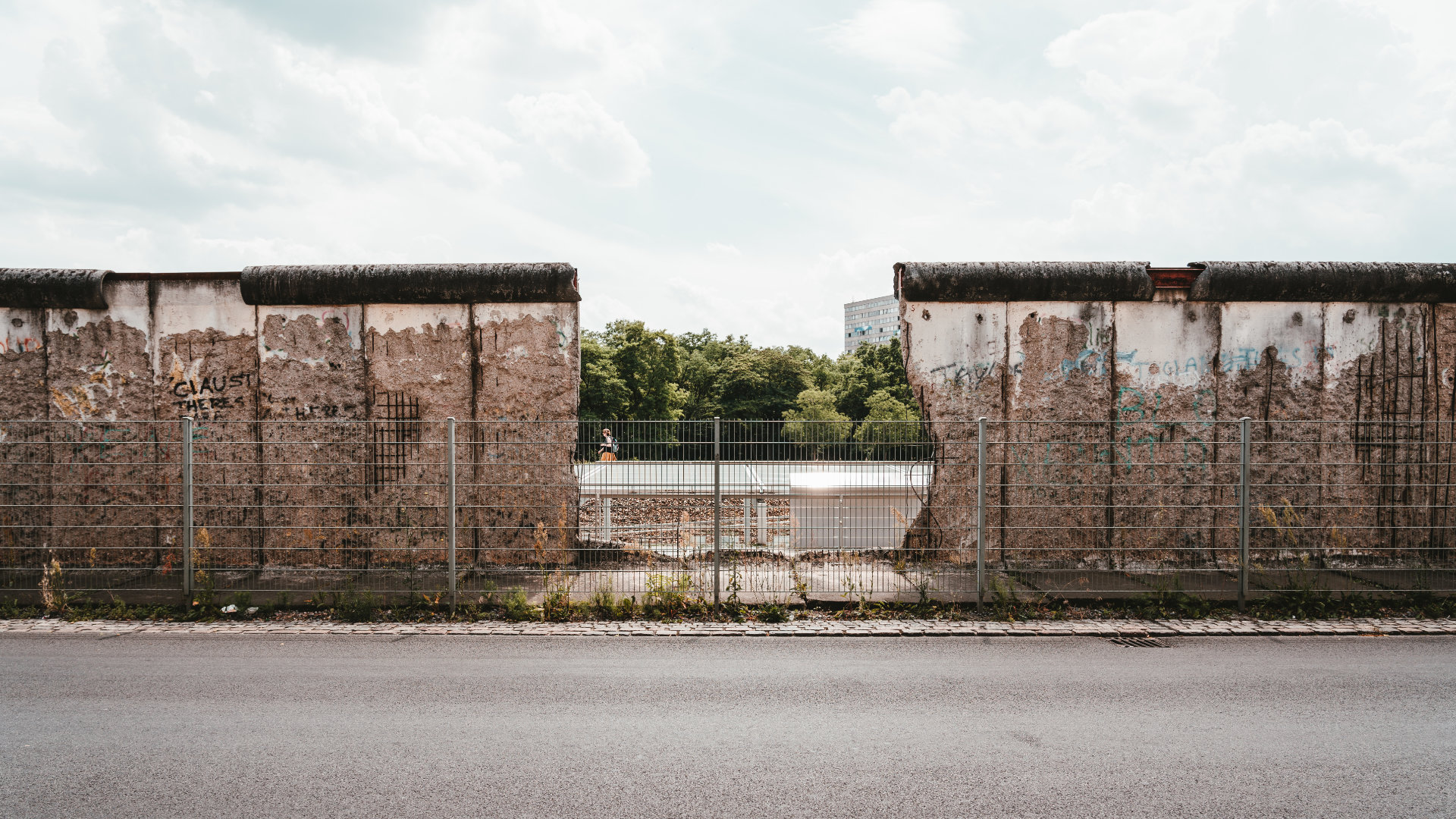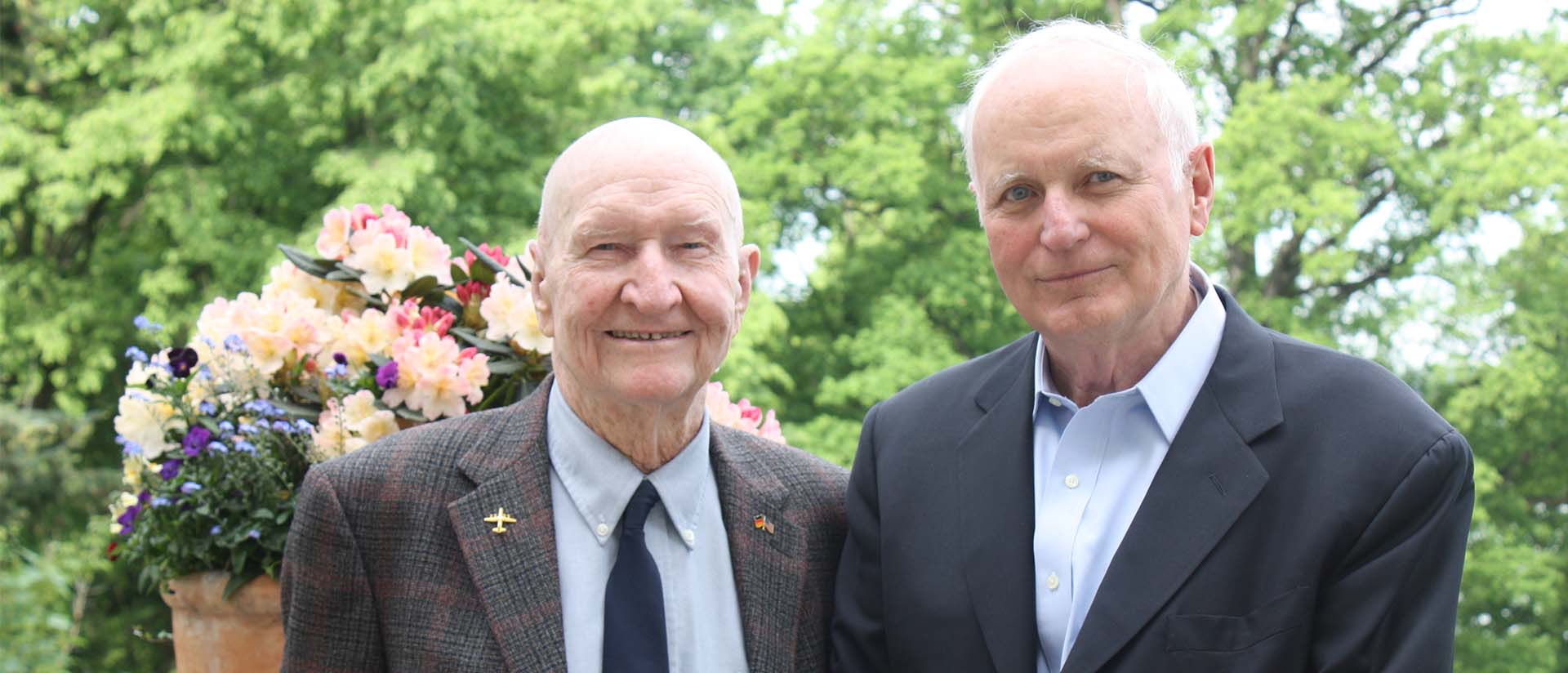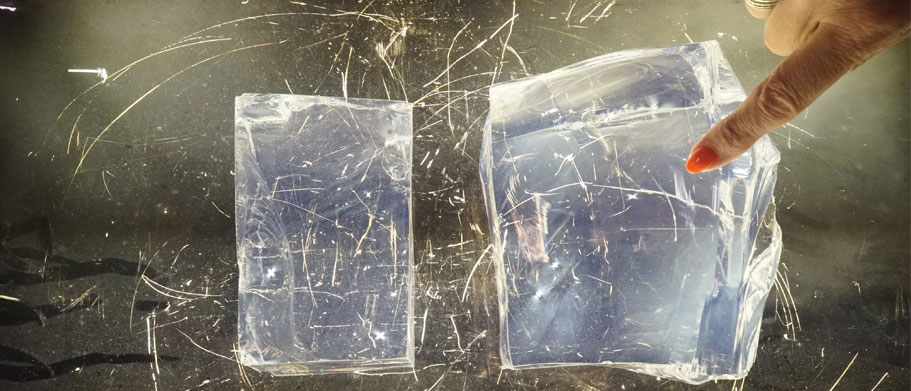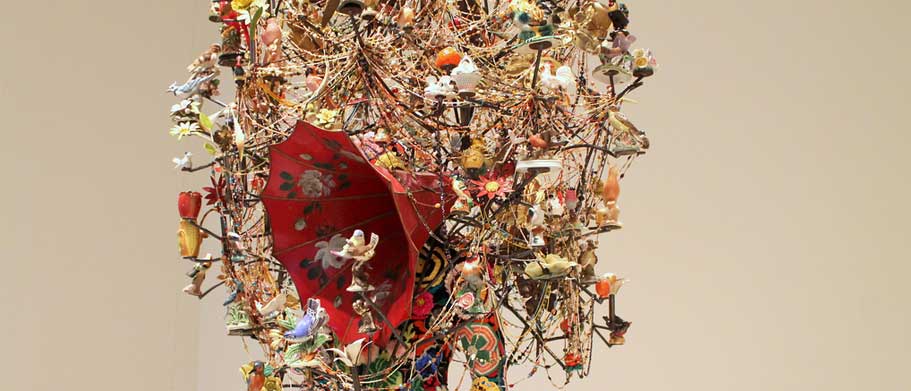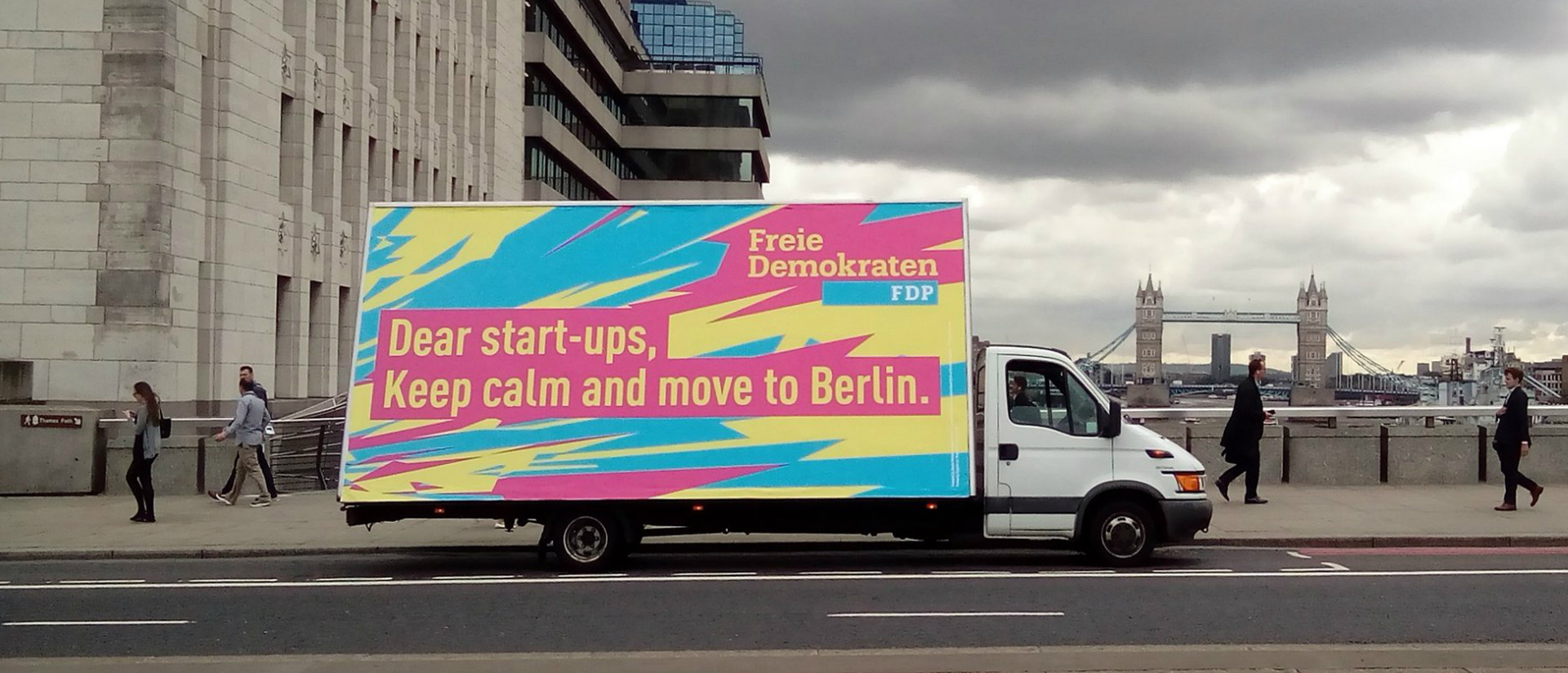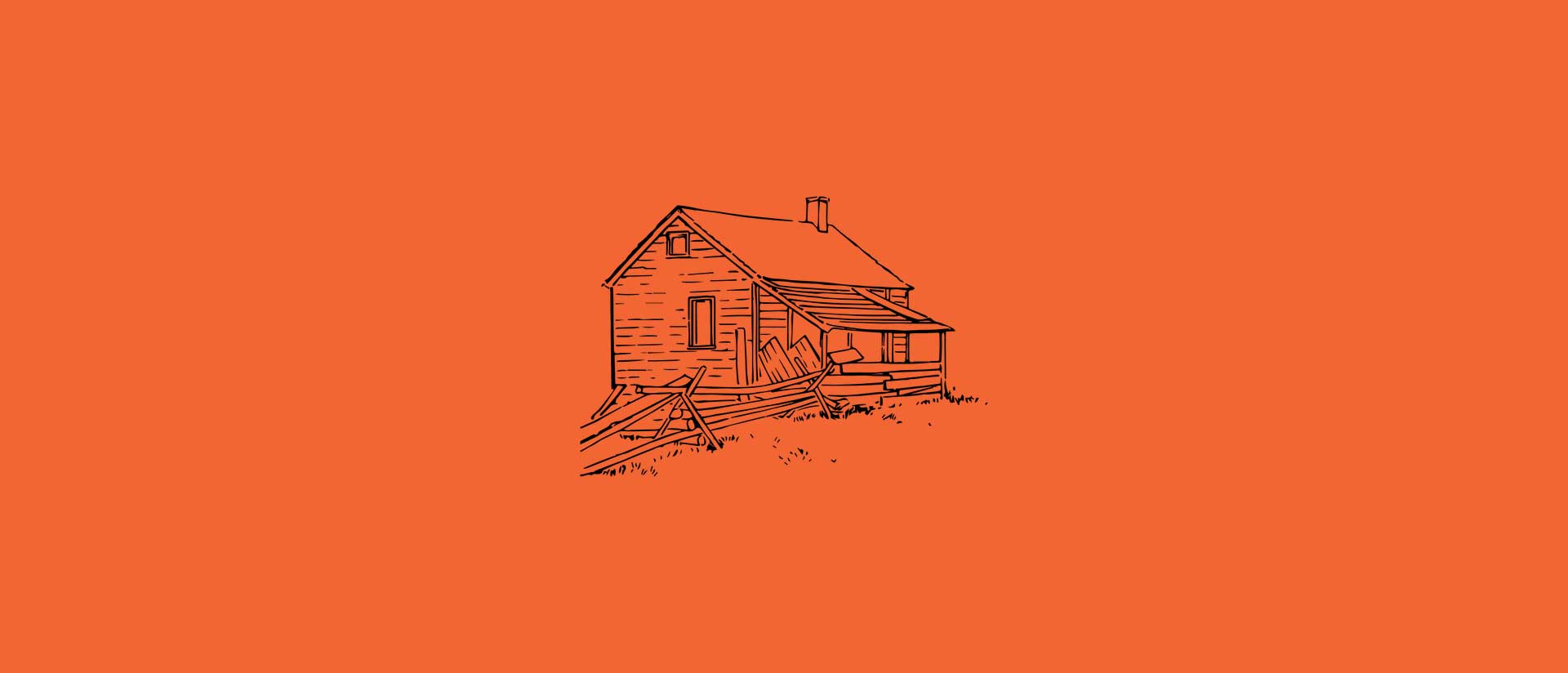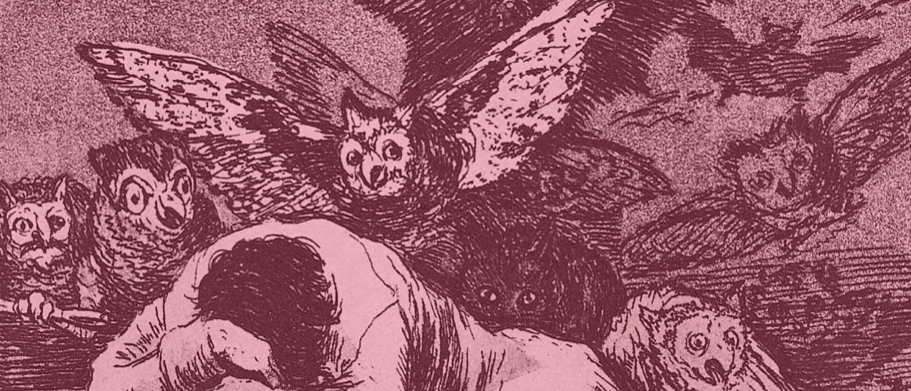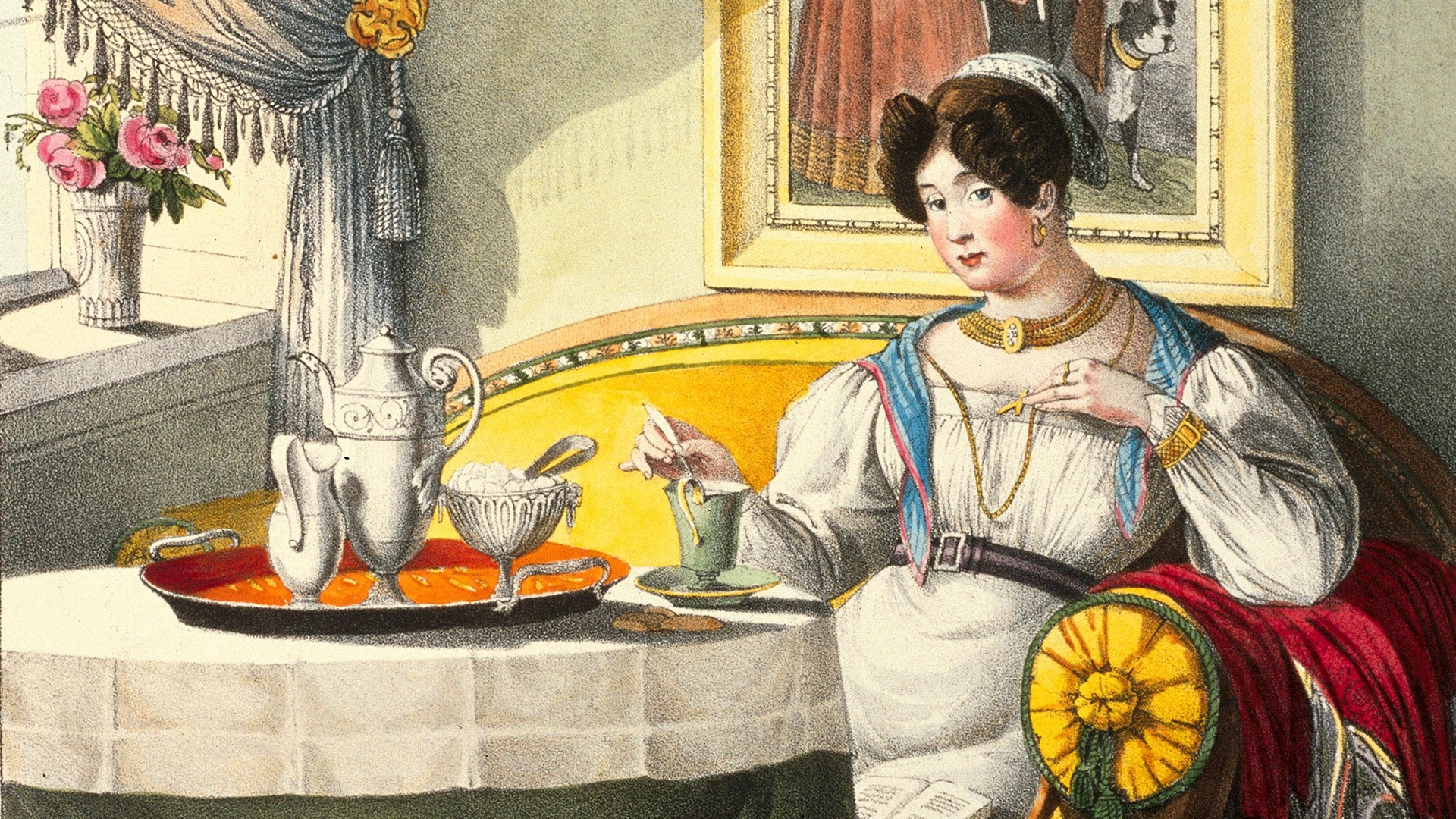
The Turks
Excerpt from a manuscript in progress
by Han Ong
At Wittgenstein’s:
Heike: I’m sorry that this Rudy, he is . . . (slight shrug of the shoulders).
Han: It was my fault. I got prematurely excited.
Heike: Berlin is very surprising. You could still find this (her fingers like vapors wafting upwards).
Han: I only have two days left.
Heike: Two days is still two days.
Han: What if my friend lied? Maybe there is no such guy. Or maybe he’s dead. Or no longer in Berlin. For all I know, he could’ve moved to New York, inspired by Laurence. And for all I know, he’s been walking around New York looking for Laurence. Never to know that Laurence died. Anyway I’m here to tell you about New York. Is there anything in particular you wish to know?
Heike: You are maybe wanting to be outside in the sun, this rare winter of Berlin, since, as you said, only two days are left?
Han: I’ll just have to live with this trip being a failure.
Heike: You are maybe not too hard on your expectations? You are not glad to just be in Berlin?
Han: No, I am.
Heike: (Laughs) You are not sounding so sure.
Han: Maybe I’m not really glad. Don’t be offended.
Heike: It is all right. For me, I live all my life in this city so you can understand it is not so exciting to me. Besides, you are from New York, so I can see coming to Berlin is maybe for you (a twist of the lips and a shrugged shoulder).
Han: Why are your Turks so sad-looking?
Heike: Excuse me?
Han: On the trains they sit—I don’t know how to put it—but there always seems to be a space, some space, between them and the person beside them. I mean, if that person is not a Turk, and I mean not just a physical space, but a kind of, a psychic space, if that makes sense?
Heike: It is their choice, no?
Han: I’m sorry. Meaning?
Heike: If they want to be apart, they become apart, no?
Han: And that’s not because . . .
Heike: Because of us, because of the Germans?
Han: You don’t think so?
Heike: Because we are unfriendly, because we are unkind, because we do not welcome them?
Han: I offended you.
Heike: I am not a Turk. It is not right to be asking me.
Han: I shouldn’t have brought it up.
Heike: In New York there is no, what you are saying, psychic space of separation, physical space of separation?
Han: Well . . . In New York everyone is separate. But also in New York, when you go into the subway, it’s not a block of—maybe block is not the right word, but, well, OK, block is the only word—block of white people and then to the side, looking uncomfortable, emanating discomfort, this group of minorities. In New York, everyone is a minority, including the white people. Everyone. It’s one of my favorite aspects of the city.
Heike: As I am saying, you should not be asking me. I am not a Turk. Anyway, maybe I am too close to it, too used to it. Still I cannot say that this is my observation. To me the Turks are not so separate. Maybe ten, twenty years ago, yes, but today?
Han: So, I don’t love Berlin. Not like the man whose ashes I am supposed to scatter before I leave. He loved Berlin. He came back here over and over. If I asked you, What am I missing, what would make me love your city?
Heike: I am not so interested in this, that you should fall in love with Berlin. Some people don’t. You are the don’t. There will always be people like you. This man whose ashes you are returning to Berlin, he is a Jew?
Han: How did you know? Did I tell you already?
Heike: Jews—especially from America—they have this funny relationship to Berlin. Maybe I should not say funny. It sounds like judgment. But I am not judging.
Han: Funny how?
Heike: A place of hate, of hateful things, to turn it into a place of love. Well, first, of course, forgiveness, then maybe reconciliation, and then love.
Han: What is being reconciled?
Heike: The past with the present.
Han: Plus he was a writer, and I was told you love writers here.
Heike: That is true. We love writers. We love books. We do not understand people who do not love books. To us this is crazy. And destructive. How is it possible to be a civilization and not have love of books?
Han: Thanks for hearing me out. Shall we talk about New York now?
Heike: (Smiles) Where everyone is a minority.
Han: Or at least where no one is a block, yes.
Heike: What do you do in New York? If I can ask.
Han: I’m a writer.
Heike: Ahh. So we would love you in Berlin!
Han: Would you?
Heike: They love you in New York?
Han: No.
Heike: So you should reconsider Berlin.
Han: Like Laurence.
Heike: We would love you in Berlin, if you are good. If your books have value. And interest. We would. Why wouldn’t we? Ahh. You think you are the Turks. That is why you look at them and they bring out these thoughts. That is why you bring them up. You are afraid that in Berlin you will be, as you say it, apart like the Turks.
Han: I am apart like the Turks. The culture of staring in your city, it’s brazen and unsettling.
Heike: We stare at you? On the train?
Han: On the platform. Inside the trains. At stores. And you don’t look away when I stare back. You’re not embarrassed. In New York, no one would be caught dead doing what you do, expressing that level of naked interest.
Heike: This staring, you can see it is only human?
Han: Meaning anthropological as opposed to racist?
Heike: You don’t think so?
Han: In Berlin, I would be the Turks. Always the Turks.
Heike: Wait. But you are a writer. You say you are a writer.
Han: Yes?
Heike: Apartness—this is a gift for a writer, no? Almost all the writers they stand apart and when they write this is the vision they use—the standing apart, the being apart, the looking because others are looking at you and you feel different. This is a blessing? Beckett, the Irish writer, he feels this way? Roth, the Jewish writer, he feels this way? The woman from Austria who won the Nobel Prize maybe seven years ago, she feels this way? It is the way to talk about something new because you have the guarantee of having thoughts different from the thoughts of so many people who do not stand apart. You have originality.
Han: The barista, when I asked about you, she mentioned that you used to teach?
Heike: Freie Universität. Seventeen years.
Han: Did you teach literature?
Heike: Freie Universität. Seventeen years.
Han: Did you teach literature?
Heike: (Laughing) You are saying I am lecturing you? Yes I taught literature. Also German history.
Han: If you are lecturing, I’m glad to be lectured at. You have been more than kind, Heike. You’ve been extravagant. Shall I begin about New York?
Heike: (Laughing) Why not? If it is more interesting than my thoughts on literature.
Han: It’s the most legible, the most navigable city in the world. It’s arranged in a grid. You know a grid?
Heike: Lines on lines.
Han: Exactly. Downtown to uptown, the numbers start small and then get bigger. The big avenues, which intersect the numbered streets, go from, for example, First Avenue on the east, to Twelfth Avenue on the west.
Heike: But this I can find out in the guidebooks, no?
Han: You can.
Heike: So let me ask you. Tell me the soul of New York, can you do this?
Han: Soul as in . . . ?
Heike: You don’t know soul? Spirit. Essence. One place that has this total feeling that only New York gives you.
Han: If I ask you the same thing about Berlin?
Heike: I would say, without hesitation, this neighborhood, where I have lived for forty years. And I will say this because, yes, it is a very obvious answer, too obvious, but still it is true, it is a place that has become transformed from run-down and dirty. Well, maybe not dirty, but ordinary—some place you do not think about but only pass, to some place of maybe not beauty but serenity, and yes, you can say this very same thing about a lot of other neighborhoods in Berlin, that they have become changed into someplace unrecognizable, but what you cannot say about them but it is true of this neighborhood, is the children, the number of children, the sound of them, and not just them but the sound of the pet dogs, and of the conversations on the street corners and coffee shops between the young parents, and the sound of the older people making a kind of baby talk with the children, and it is one of the few occasions in the day when the old people can smile or have someone to interact with, and all of this, it adds up to a picture of hope, yes, hope, because, well, first and most obvious, you cannot be having children unless you have hope—for the future and for the world—and second, you use many words in Berlin for Berlin, so you are accustomed to all the gray words, but suddenly this neighborhood, you cannot use the gray words, it would not be right, so you resign yourself to maybe being sentimental by saying hope, although you say it very cautiously, but hope is not sentimental, not when you talk about Berlin, which has been through so much surely it can be allowed to go through hope too? And hope is also not sentimental when you talk about this neighborhood because I have lived here in Prenzlauer Berg for, as I said, over forty years so I can remember when there was not so much of this sound, so I know that this sound is new, and yes also, I have to admit, frightening, but frightening the way life is frightening you know? And really, after the war and the Communists and the Russians, to be frightened by children? Really this is foolishness. So yes, I would say this neighborhood. This is the place I would choose for the spirit of Berlin and that spirit is hope and who in one million years would have thought that we would use that word, and not only that, but that I would use that word, to talk about Berlin, and not use it with nostalgia or irony but simply to say of Berlin that this is it, this is a place of hope. To imagine such a day! (Laughing) You do not agree with me?
Han: I didn’t say anything.
Heike: You do not think it is right for me to use the word hope when talking about the true spirit of Berlin?
Han: Who am I to say? I haven’t lived here.
Heike: But you disagree with something. What?
Han: Children equal hope.
Heike: But in Germany we have a population problem. This is well known. Our economy is healthy but not enough people have children, and at some point in our future we will be a country of majority older people. Older people looking after one another. So children, to me, to any person who studies history, can only mean hope. □
Novelist and playwright Han Ong is a fall 2010 Academy alumnus. Published in the Berlin Journal 30, Fall 2016, pp. 12-15.

